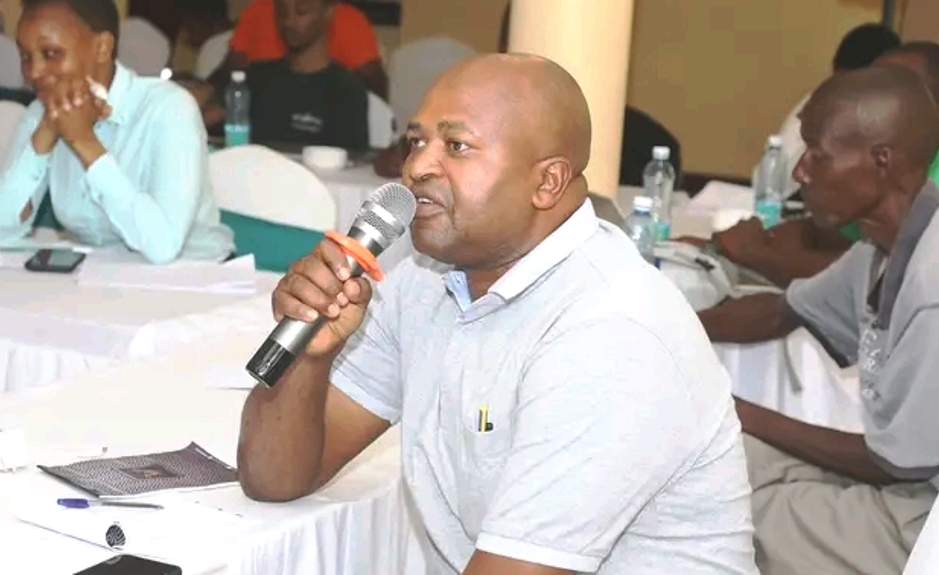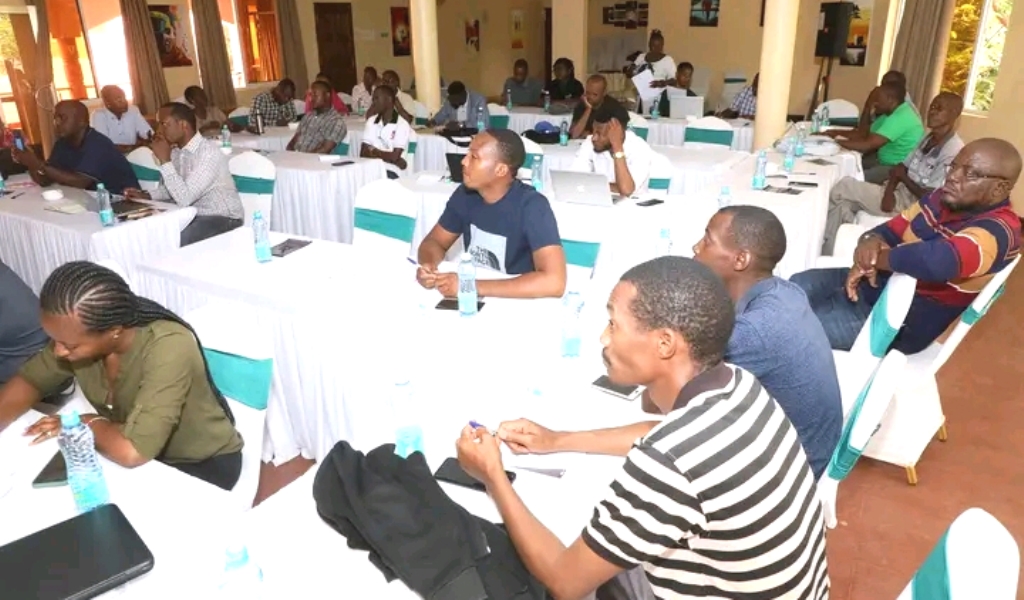Taita Taveta County residents have been urged to transition to clean cooking energy solutions in a bid to conserve the environment, address climate change and save costs used in fuel energy.
Speaking on Monday during the closing of a four-day workshop at Voi on the formulation of the Taita Taveta County Energy Plan organized by the County Energy directorate in collaboration with Sustainable Energy Technical Assistance (SETA), Jotham Kaluma, a biogas technician stated that biogas is a key contributor to environmental conservation.
“In some of the institutions where we have installed biogas plants, it has contributed positively to air pollution control because the trees which were initially cut down for firewood are now saved and the tree cover absorbs carbon dioxide from the air thus supporting efforts to mitigate climate change. The biogas plants use wastes like human, animal and kitchen wastes to generate the gas which is safe and thus keeps the environment clean,” said Kaluma.
According to James Gatimu, SETA is supporting this initiative to increase the capacity of county, non-state actors and national government energy actors to adopt a more inclusive and integrated planning approach which in turn will influence a system change; away from a wish list to real priorities and integrated solutions that will enable increased access to sustainable and reliable energy for households in the County.
The County Vocational Training Director Raphael Chola added that there is a need to invest in solar as an alternative source of energy.

“We call upon like-minded investors to support this ambitious initiative that will help our citizens and the County in easing the financial burden, especially in learning institutions and water boreholes,” he said.
He commended the County government for the tree planting initiatives, a move he said will help in reversing the effects of climate change.
Beatrice Mjomba from Taita Taveta Human Rights Watch reiterated that there is a need to work collaboratively with the government, private sector and development partners to create an enabling policy while also building the capacity of community members and stakeholders to accelerate the transition to universal adoption of clean and efficient cooking solutions.
Globally, 2.4 billion individuals have no access to clean cooking facilities, an alarming situation that perpetuates a host of detrimental consequences on health, the environment, climate and gender parity.
The Ministry of Health (MoH) attributes over 23,000 annual deaths to Household Air Pollution caused by traditional cooking methods.
By Michael Oduor
oduormichael2021@gmail.com
Get more stories from our website: Sacco Review.
For comments and clarifications, write to: Saccoreview@shrendpublishers.co.ke
Kindly follow us via our social media pages on Facebook: Sacco Review Newspaper for timely updates
Stay ahead of the pack! Click here to purchase our latest newspaper.



